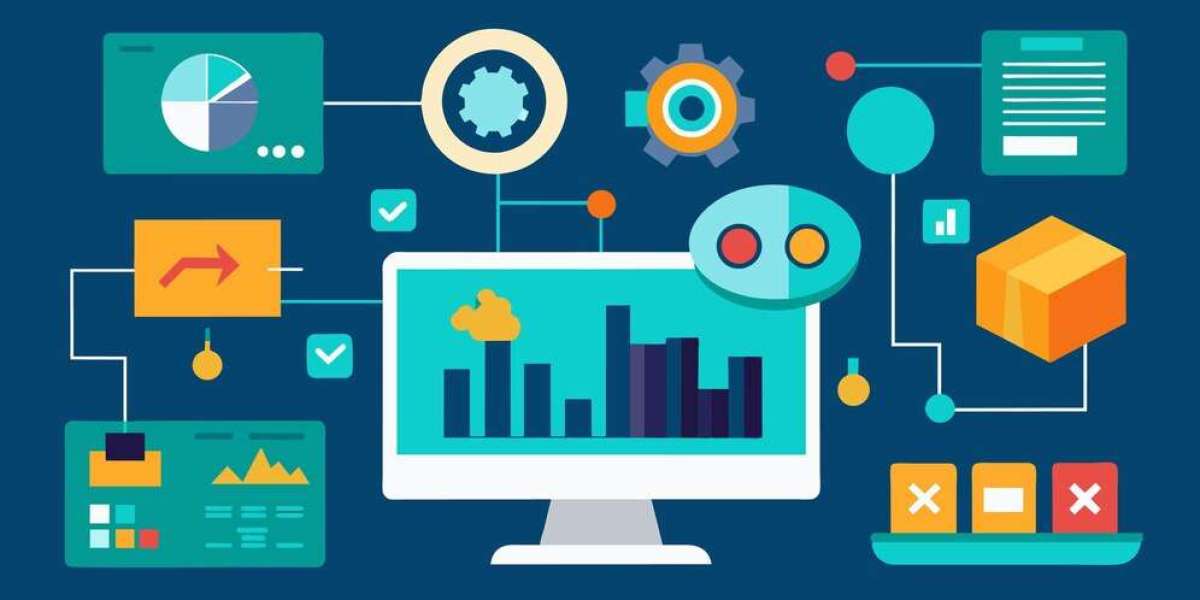Role of Data Engineering
For companies looking to thrive in today’s fiercely competitive world, raw data is an invaluable resource. It plays an important role in comprehending market trends, improving internal operations, and reaching well-informed judgments. Herein lies the role of data engineering solutions. It is the cornerstone of effective artificial intelligence, business intelligence, and data analysis systems.
So, what is data engineering? Data engineering solutions are devoted to planning, constructing, and managing systems. It includes the infrastructure required to manage massive amounts of data efficiently. Data gathering, storing, processing, integrating, and analyzing are all part of data engineering services.
Top Data Engineering Tools of 2024
These are a few of the many tools used by data engineers for various tasks, including data processing and analytics. Thus, the following list includes some of the top data engineering tools that will be in use in 2024:
1. Python
Python is a versatile programming language with an easy-to-understand syntax, enabling developers of all skill levels to create robust solutions across various disciplines. Its cross-platform portability and support for web development, machine learning, data analysis, and frameworks make it suitable for various projects.
2. SQL
SQL, a data engineering technology, offers faster query processing, simple syntax, and global standardization in database management. It simplifies data retrieval and alteration for massive datasets but requires coding knowledge for optimal use. SQL's built-in data integrity restrictions ensure accuracy and prevent duplication, while its portability and integration into various applications make it versatile. Jira data can be exported to multiple SQL Databases without coding.
3. PostgreSQL
PostgreSQL is a robust object-relational database management system (ORBMS) for data engineers, known for its extensive feature set and standard compliance. It offers a wide range of data types, ensures transactional stability, and uses Multi-Version Concurrency Control (MVCC) for high concurrency without compromising data integrity. Its sophisticated querying features and indexing strategies improve query performance.
4. BigQuery
BigQuery is a Google Cloud serverless data warehouse solution with scalable architecture, machine learning integration, real-time analytics, SQL interface, and geospatial analysis. It simplifies data analysis, promotes collaboration, and offers robust data security, affordable pricing, and seamless connectivity with third-party plugins.
5. Tableau
Tableau is a top data engineering tool known for its drag-and-drop functionality, real analysis capabilities, collaboration tools, mobile compatibility, and sophisticated visualization techniques. It's user-friendly, flexible, and scalable, with capabilities for data communication from various platforms. An artificial intelligence development company can thoroughly understand customer service performance, facilitating data-driven decision-making and ongoing development.
6. Looker Studios
Google's Looker Studio is a cost-effective, intuitive visualization and reporting tool with real-time data access, dashboard customization, collaboration, and report-sharing capabilities. But Looker Studio can be difficult to use for handling large datasets or complicated data transformations; it doesn’t have some of the advanced data analytics solutions features available in tools that cost money.
7. BI Power
A data visualization tool, Power BI, provides a set of top data engineering tools. This includes sharing, aggregating, analyzing, and visualizing data. The features include:
-Versatile data connectivity,
-interactive visualizations,
-strong modelling and data transformation capabilities,
-AI support for insights,
-customization choices, and
-collaboration tools
8. MongoDB
MongoDB is a widely used, versatile, and robust cross-platform document-oriented database known for its flexible schema design, segmentation-based scalability, optimized performance, robust query language, and community support.
9. Apache Spark
Apache Spark is an open-source framework known for its speed, performance, versatility, and robustness, offering advanced analytics and faster access to big data workloads.
10. Kafka the Apache
Apache Kafka offers scalability, resilience, and real-time processing through its distributed architecture, replication mechanism, and seamless server addition, ensuring low latency and high throughput.
Conclusion
Top data engineering tools enhance data-driven companies by optimizing return on investment, handling complex datasets, and streamlining workflows. They reveal hidden data possibilities, providing a competitive advantage through statistical analysis for data-driven decision-making.
For more details: https://www.a3logics.com/blog/top-data-engineering-tools/







